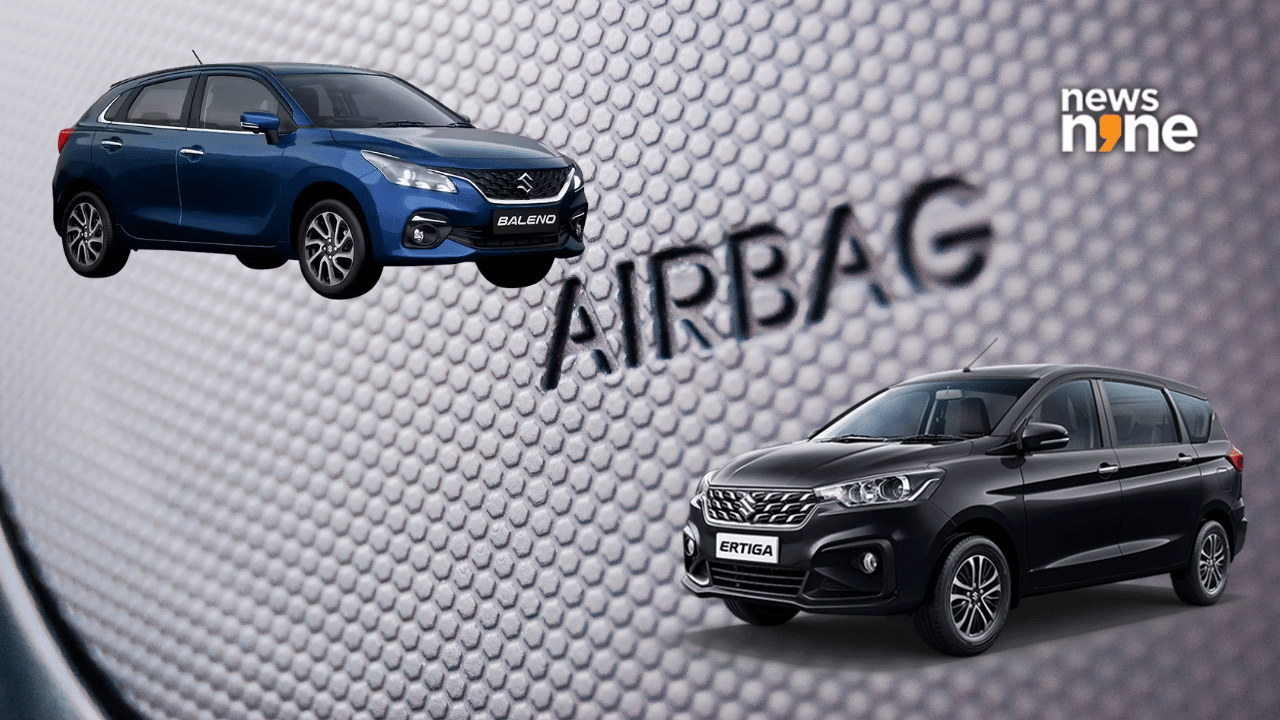New Delhi: If you’re planning to buy a Maruti Suzuki Ertiga or Baleno soon, your wallet might feel a tiny bit lighter. From July 16, the prices of both cars have officially gone up. The reason? Six airbags are now standard on all variants. Yes, safety upgrades are finally trickling down to more models, but not without a small price bump.
Maruti Suzuki, India’s largest carmaker, said that this move is part of its broader goal to make six airbags standard across its entire passenger vehicle lineup before the end of this year. This isn’t a surprise move. The industry has been gearing up for the government’s October 2025 deadline for mandatory six-airbag setups in all passenger vehicles.
Price hike kicks in for Baleno and Ertiga
Maruti confirmed that the price of the Baleno will rise by 0.5%, while the Ertiga will see a 1.4% increase in ex-showroom pricing. These are not massive jumps, but for budget-conscious buyers, even small increases can impact decisions, especially in tight segments.
The Ertiga, a popular MPV for Indian families, already sits in the ₹8.6 lakh to ₹13.1 lakh range (ex-showroom). A 1.4% hike means customers might be shelling out around ₹12,000 to ₹18,000 more, depending on the variant. The Baleno, a hot-selling premium hatchback that starts around ₹7 lakh, will get a minor price rise of about ₹3,500.
Maruti’s six airbag rollout plan
With this latest update, the Baleno and Ertiga join a growing list of Maruti models that now come equipped with six airbags as standard. Other models already offering this include:
- Swift
- WagonR
- Dzire
- Celerio
- Alto K10
- Eeco
- Brezza
- Grand Vitara
- Jimny
- Invicto
Maruti has stated that before the year ends, all of its cars across all variants will carry six airbags as a standard feature.
Safety is the new baseline
Till a few years ago, safety features like six airbags, ABS with EBD, electronic stability control (ESC), and ISOFIX mounts were mostly found in premium or top-end variants. But buyers have changed. Customers now expect these as standard, not add-ons. Several recent crash test videos and Bharat NCAP ratings have also pushed awareness. And with the government enforcing safety rules more seriously, carmakers are moving faster.
In the long run, this shift could help Indian roads get safer, even if it means a bit more money upfront. What was once considered a luxury is now becoming the norm, and that’s a good sign for buyers, even if it stings a little during billing
